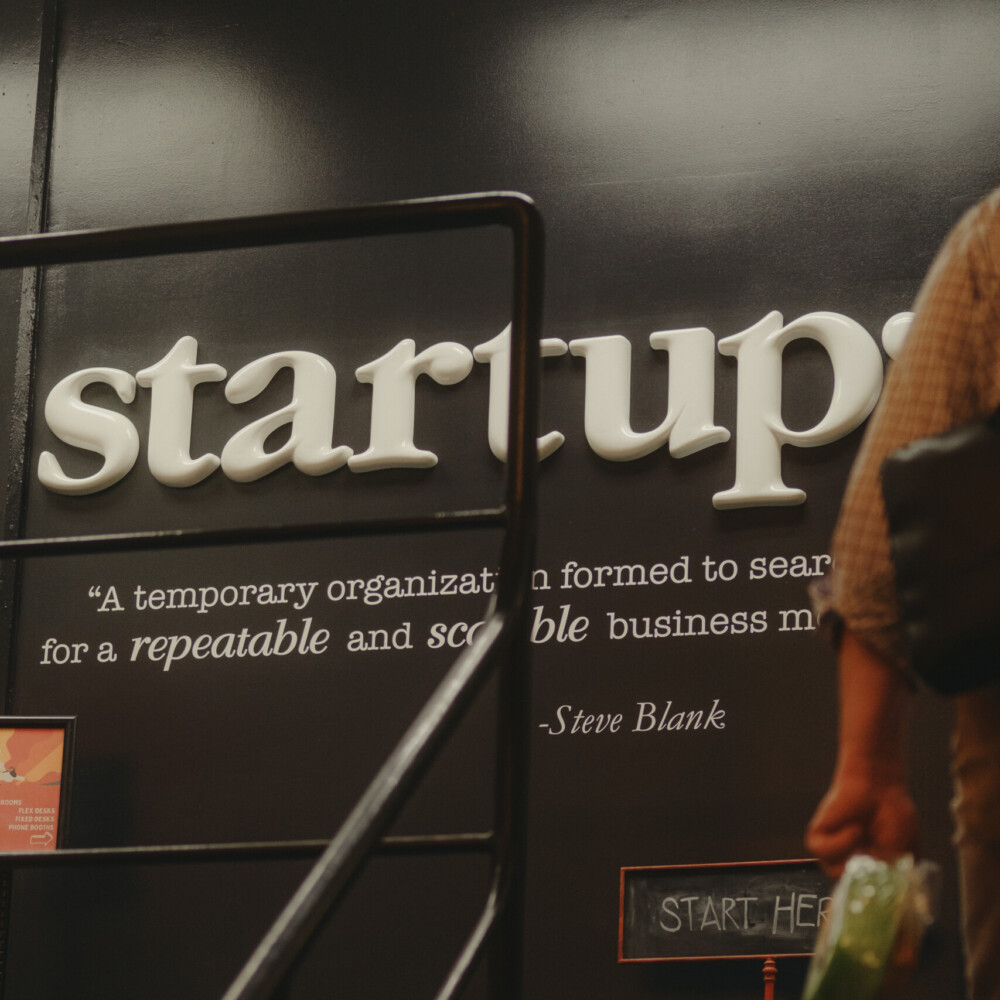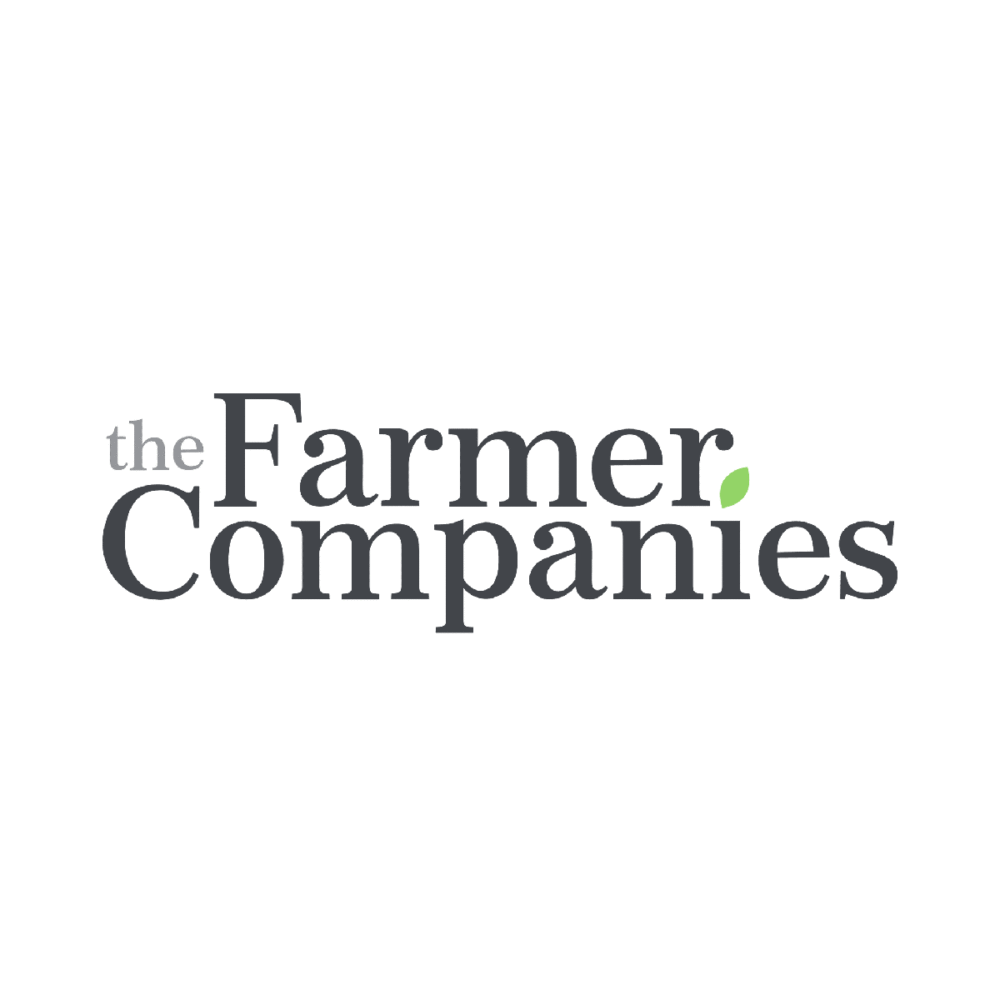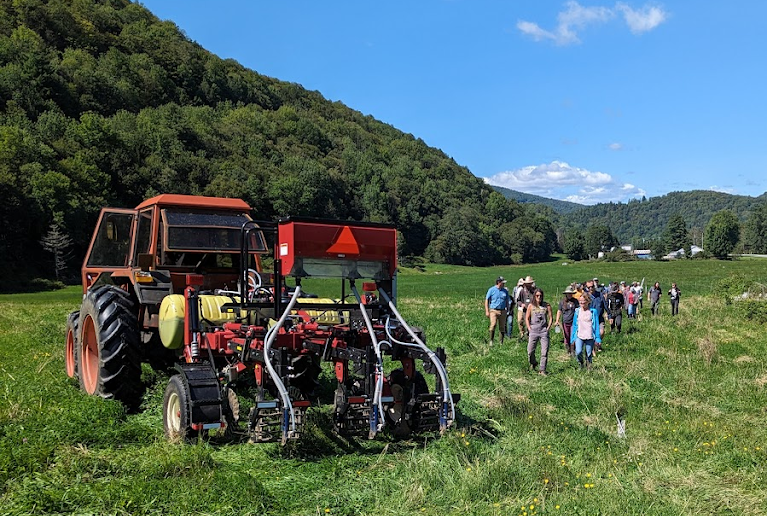
Faraday / Company Spotlight
In the early 2010s, residential solar companies struggled to connect with the right customers. While demand for solar grew, providers found it challenging to identify and convert the ideal prospects.
In Vermont, entrepreneurs Andy Rossmeissl, Robbie Adler, and Seamus Abshere believed they had a solution. After co-founding Brighter Planet, a sustainability platform, they saw an opportunity to help solar companies identify the right customers.
In the fall of 2012, Faraday launched in VCET’s former coworking space in Middlebury. The co-founders developed a model that used consumer and environmental data to predict who wanted to buy solar panels.
After receiving a $1 million Department of Energy grant, Faraday helped nine of the ten largest national solar companies achieve record growth. The team soon relocated to VCET’s coworking space in Burlington and, over the next couple of years, grew its team to 14.
In 2014, Faraday received its first institutional investment.
“VCET gave us our first institutional check, which we then used to help organize our first major round,” said Andy Rossmeissl, co-founder and CEO of Faraday. “That means a lot when you are flying by the seat of your pants.”
Faraday soon began expanding into other industries, including consumer goods and financial services. For example, it could help home service companies identify households in need of HVAC maintenance, landscaping, or home repairs; or assist financial firms in predicting when customers may open accounts or request loans.
Over the past decade, Faraday has helped clients achieve impressive results, from reducing customer acquisition costs for a furniture company by 88%, tripling auto loan applications for a credit union, and cutting calls-per-appointment for a solar company by 33%.
“AI is hard but increasingly mandatory for brands,” said Rossmeissl. “And we make it easy. Faraday involves a lot of data, methodologies, integrations, and highly skilled technology.”
Companies with existing predictive engines can also use Faraday through its API. Rossmeissl explained that this feature, called “Powered by Faraday”, offers particular promise.
“It’s definitely what I’m most excited about here,” said Rossmeissl. “We make billions of predictions every day for thousands of brands, but the way you truly achieve scale is by recognizing that many more brands are already using consumer data platforms and email service providers.”
A core principle at Faraday is responsible data practices. When Rossmeissl, Adler, and McAteer founded the company in 2012, they made a conscious decision to ethically source their data, rather than scraping it off the web like “99 out of 100 tech startups at the time would’ve done,” said Rossmeissl.
“We made an odd choice at the time but I’m really happy we did and we feel much better about our business because of it,” he added.
Faraday is at the forefront of the ethical data conversation, addressing issues like algorithmic bias, privacy, and transparency. Its software includes built-in bias detection, mitigation, and explainability features to ensure ethical AI use. This gives clients full visibility into the data they are using.
Over the past decade, Faraday has become one of Vermont’s leading tech companies. The team now consists of 30 employees, including top data scientists and business software experts. Almost all of the employees are located in Vermont.
Robin Spencer, a Vermont native, was recently hired as the company’s COO. Spencer joins Faraday after serving in the same role at a data provider in San Francisco, though believes that Burlington offers its own unique geographic benefit to startups.
“What I keep saying to our team is, ‘If we can keep breaking through in this smaller market, you learn all the fundamentals in a bigger and better way. It’s also made us really good at communicating our value.”
One of Faraday’s proudest achievements is its success in retaining top technical talent within Vermont. The company recruits from institutions like Middlebury College and the University of Vermont, providing high-paying tech jobs that might otherwise draw talent out of state.
“I feel very proud of the fact that we’ve established a top-tier technical employer in the state of Vermont,” Rossmeissl said. “The engineers we have working for us are the best in the state.”
Rossmeissl does believe the state can do more to help companies attract and retain young professionals. He advocates for programs that subsidize or share the costs of recruitment efforts, believing that such initiatives are essential for reversing Vermont’s demographic decline.
“The state should be helping split the cost with companies or subsidizing or at least coordinating and organizing it,” he said. “I think it’s our best shot at keeping young people in the state and shifting our demographic decline. It’s fun and interesting work at Faraday.”
Faraday’s rise from a small startup in Middlebury to a prominent Vermont software company reflects over a decade of intentional decision-making and effort. By prioritizing ethical data practices and investing in local talent, Faraday serves as an example to other ambitious companies, both locally and nationally.
Learn more about Faraday’s journey, technology, and team on their website. Find them on LinkedIn here. You can also subscribe here to their newsletter, The Faraday Forefront.



